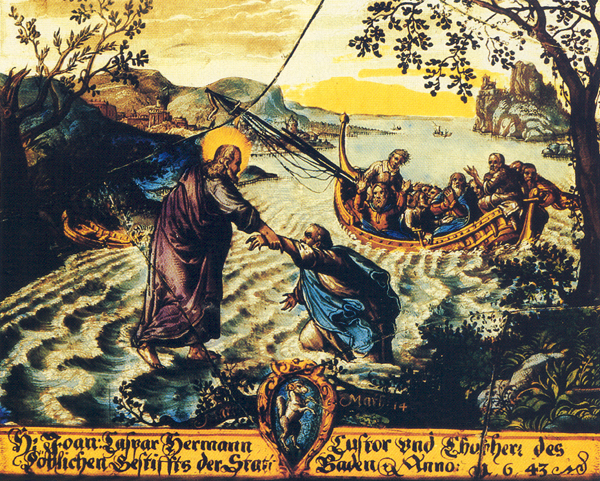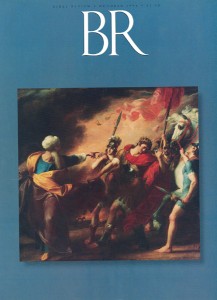
More than two centuries ago, it occurred to a few European intellectuals that Jesus as a figure of history may have been quite different from Jesus as portrayed in the Gospels. With the awareness of that potential difference, the scholarly quest for the Jesus of history began.
At that time and in that world, biblical criticism was regarded as a threat to religion and the church. In 1697 an 18-year-old Scottish student named Thomas Aikenhead was hanged in Edinburgh for claiming that Ezra, not Moses, was the author of the Pentateuch (the first five books of the Bible). Some 30 years later, in England, Thomas Woolston, a professor at Cambridge, was given a considerably milder sentence: a years imprisonment for his claim that the miracles of Jesus had not happened. Near the end of the 1700s, in The Age of Reason, Thomas Paine of Revolutionary War fame denied the truthfulness of both the Old and New Testaments. His publishers in England were heavily fined and sent to prison.1
Already a library member? Log in here.
Institution user? Log in with your IP address.

